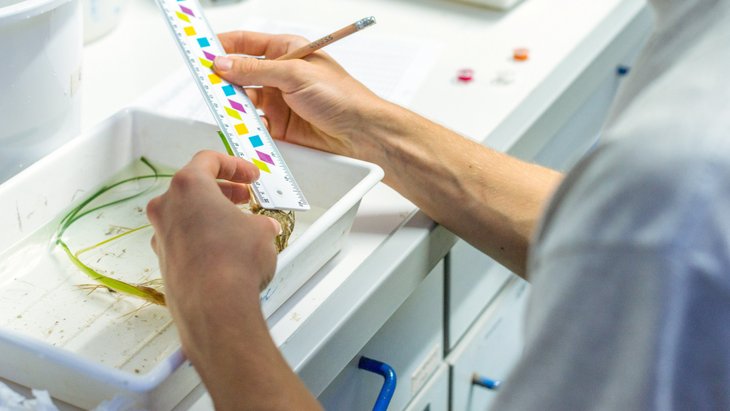The MARUM Graduate Programme brings together doctoral students in marine sciences from the University of Bremen and Constructor University. If you are employed at MARUM, you automatically become part of the programme. Doctoral students who are employed elsewhere and/or receive a scholarship are also welcome and can enjoy all the benefits.
We support you in acquiring the skills and competencies necessary for excellent research and in preparing for the next steps in your career. In addition to all the offerings of the MARUM Research Academy, members of the graduate programme benefit from a strong network of doctoral students from various disciplines and have access to our counseling and coaching services. You can participate in all networking and social events as well as the annual Bremen Doctoral Symposium for Marine Sciences.
Members of the MARUM Graduate Programme are supervised by a team as standard. This doctoral advisory committee (TAC) consists of the main supervisor and at least two other scientists, one of whom must come from a different working group.
https://www.marum.de/research-academy/graduate-programme.html

